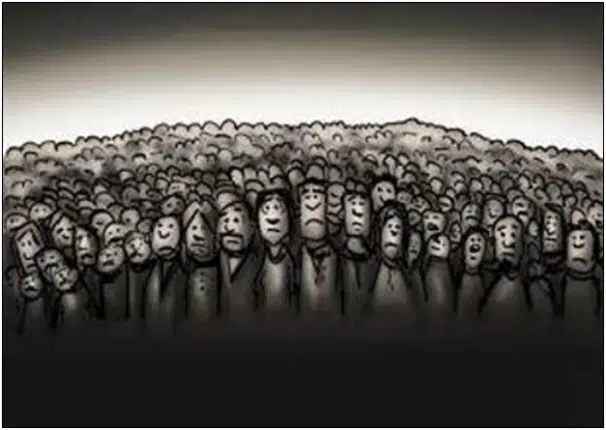
Neither of the two pro-bailout parties, the conservative New Democracy or the Socialists, gained enough seats to form a government amid growing opposition to the authoritarian controls being imposed on the sovereignty of Athens by Brussels, the International Monetary Fund (IMF), and the European Central Bank (ECB).
In fact, the two parties that have dominated Greek politics for a generation only garnered 32 percent of the vote. The other parties, including the Coalition of the Radical Left that won 16.8 percent of the vote coming in second behind New Democracy, all were anti-bailout. All together, they garnered 68 percent of the vote.
Meaning, over two-thirds of the electorate rejected the establishment’s attempts to prop up European banks that had bet poorly on Greek, Portuguese, and other troubled sovereigns’ debt on the backs of small business and working families.
This is a close-up view of what happens politically to a country that is at ground zero of the sovereign debt crisis. In short, traditional political loyalties are unraveling, leading to the rise of radical third parties that want to buck the status quo.
It’s not just in Greece. Overall, political sentiment throughout Europe — and around the world — is moving decidedly against the banking cartel.
In April 2011, Icelanders defeated via referendum a bailout of British and Dutch investors who had lost funds in Icesave bank in 2008. The same month, this time in Finland, the True Finns stunned the establishment there by winning 19 percent of the vote on an anti-bailout message.
Even here in the U.S. the rise of both the Tea Party and Occupy movements on the right and left share one thing in common: they are both against using public resources to bail out financial institutions that made bad investments.
In France, National Front’s Marine Le Pen won 17.9 percent of the vote in the first round of presidential voting in April on an anti-euro and anti-immigrant message. Now, with incumbent President Nicolas Sarkozy deposed by Socialist François Hollande for the presidency on May 6, Le Pen plans to run hard in the June parliamentary elections, picking up parliamentary seats for the National Front for the first time since 1986.
Le Pen said before the election that the euro crisis would play in her favor in June, “They have smothered the euro crisis by throwing billions at it, but as soon as the crisis returns, the euro debate will return.”
It didn’t take long for Le Pen’s words to prove prophetic.
With the uncertain result in Greece, unless the Coalition of the Radical Left party can create a governing coalition with the Communist Party and the seemingly fascist Golden Dawn party, plus the New Democracy splinter group, Independent Greeks, and the Democratic Left, then new elections will have to take place perhaps as soon as June.
All of which leaves passage of €11 billion in additional spending cuts due in June for 2013 and 2014 in question. Those are a needed condition for additional bailout refinance loans from Brussels, the IMF, and the ECB.
Without them, the recent €130 billion bailout deal reached between Greece and financial institutions in Feb. is very much in doubt.
Which may be a good thing.
These worldwide developments should serve as a bright red warning sign to both politicians and banks that the game they are playing may be nearing its end — as the people around the world rise against the debt trap that enslaves them.
Bill Wilson is the President of Americans for Limited Government. You can follow Bill on Twitter at @BillWilsonALG.







